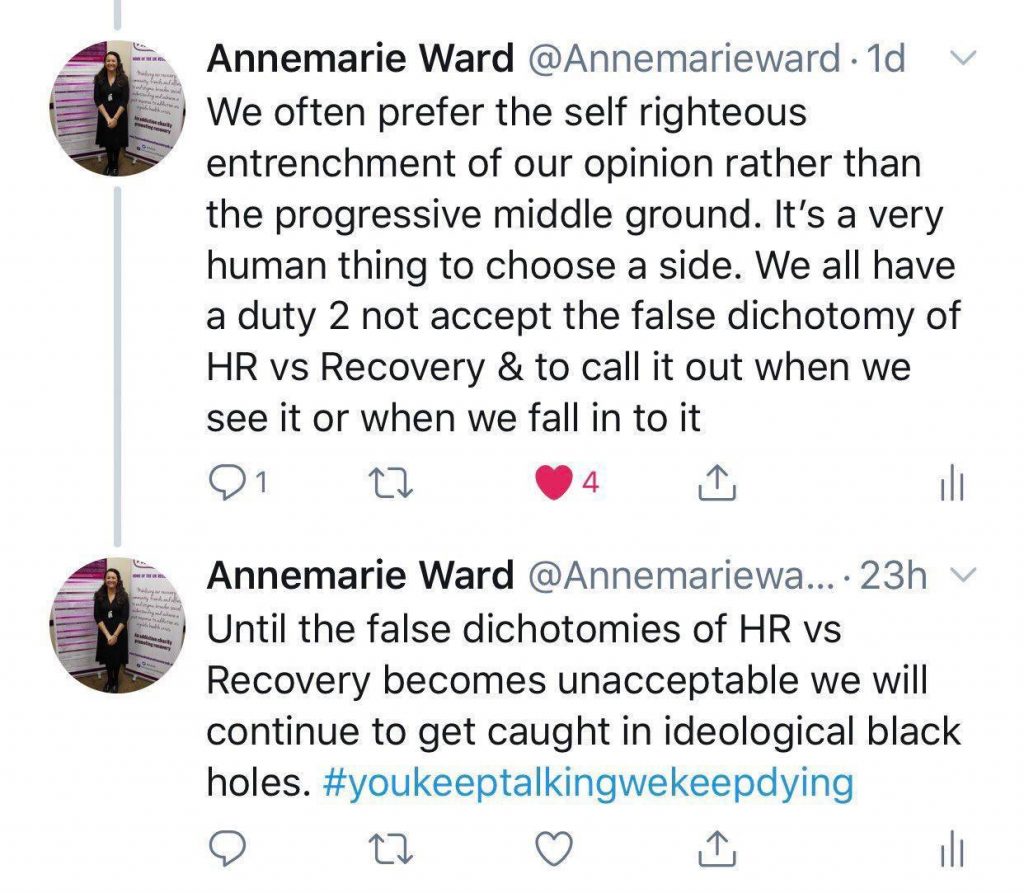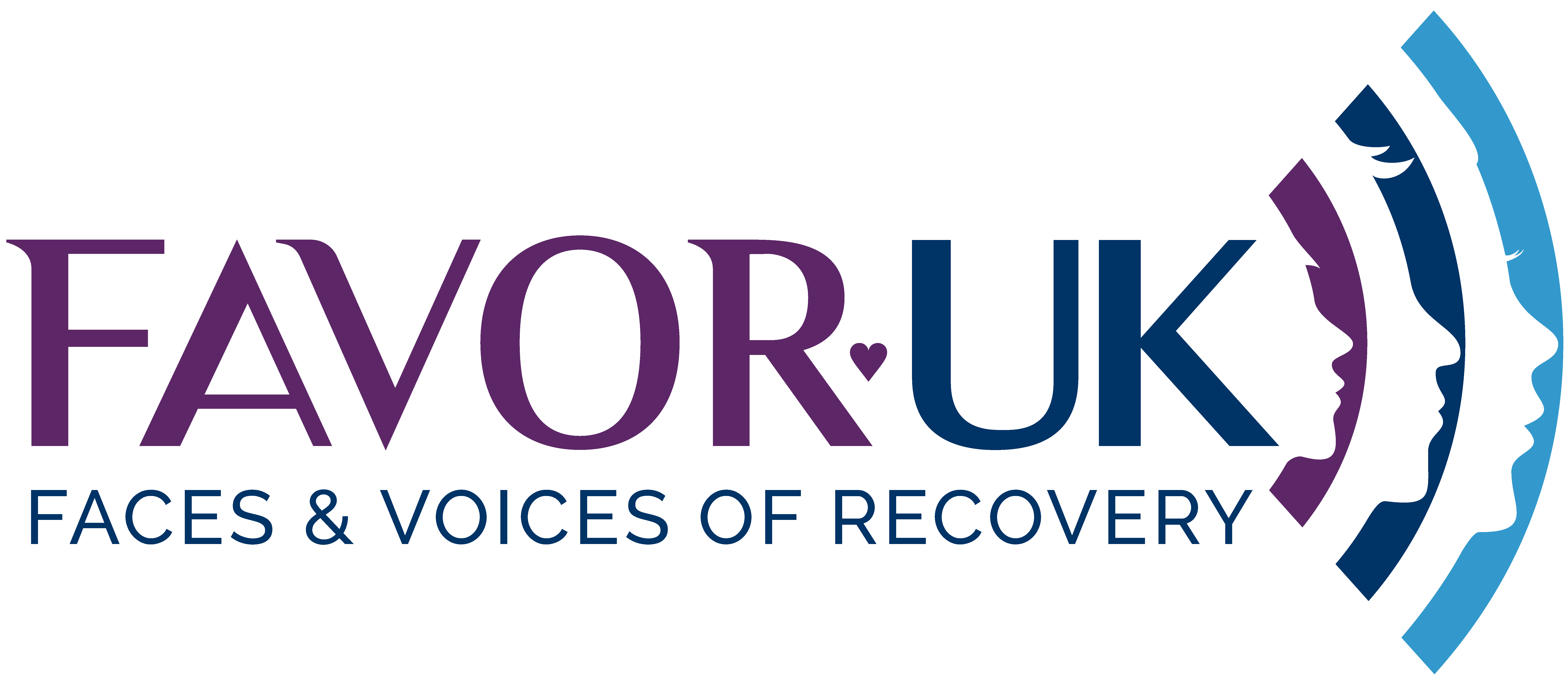This is an excellent peice from
@DaniGaravelli1. wrote a peice for the guardian here https://www.theguardian.com/commentisfree/2023/sep/14/scotland-tories-drugs-policy-uk-consumption-room-glasgow-snp
I would however like to clarify here that the statement “Scotland’s drugs campaigners are divided into camps – those who support harm reduction and those who support recovery” This statement oversimplifies the nuanced perspectives within the community of drug campaigners in Scotland. There exists a spectrum of viewpoints among these campaigners, with some advocating solely for harm reduction strategies, polarising the debate claiming absence kills people and the they do not believe in recovery while others including
@FAVORUK) embrace both harm reduction and recovery approaches. Recognising the importance of acknowledging this range of opinions, it’s vital to address the allocation of Glasgow’s £50 million treatment budget, which has raised concerns. Currently, only a meager half a million pounds is designated for rehabilitation efforts aimed at assisting individuals in their journey towards overcoming addiction & getting freedom from dependency. These recent developments indicate plans to allocate £2.3 million for a drug consumption room, following the removal of nearly a million pounds reported just last week from Glasgow’s 218 recovery service. An additional £4 million is consistently invested annually in Heroin-assisted treatment, and a conservative estimate suggests £1.3 million in Glasgow alone is allocated to needle exchange programs. The prevailing call is for a more balanced and fair distribution of these resources.
Advocates who support
@FAVORUK seek a balanced investment approach, questioning why only a fraction is dedicated to assisting people on their journey to recovery. It’s important to emphasise that the intent is not to diminish investments in harm reduction and what little prevention efforts we have but rather to urge for parallel investments in recovery services. This ethical concern underscores the need for prioritising actual treatment as the primary focus.
An illustrative example is this. During my visit to the H17 drug consumption room in Copenhagen, I was left with an indelible mark on my memory. I bore witness to a profoundly distressing scene in which a young, emaciated woman was courageously attempting to locate a vein in her groin. She sat exposed, naked from the waist down, enclosed within a glass box, under the traumatised gaze of staff and fellow service users. Many among them were also in states of distress, engaged in the arduous task of digging for veins. When someone becomes accustomed to witnessing trauma or is desensitised to it due to repeated exposure, it is often referred to as “compassion fatigue” or “secondary traumatic stress.” I spoke with the staff at H17 about this also & they told me that turn over in the facility is rapid – usually with a 2 to 3 year burn out rate. Compassion fatigue occurs when individuals who work in professions that involve helping or caring for others, such as healthcare workers, first responders, or therapists, experience emotional exhaustion and reduced empathy as a result of continually witnessing or hearing about traumatic events experienced by others. This can have a significant impact on their mental and emotional well-being. This is very much evident already in our addiction workforce who are not exposed to witnessing people recover.
What provided me with some solace amid the profound distress I experienced witnessing this scene was the knowledge that there existed a lifeline in the form of swift access to rehabilitation if this young woman opted for it. This stands in stark contrast to the situation in Scotland, where rehab placements are exceedingly rare. Remember in Glasgow we have a one person in every 6565 chance to go to rehab. #OorBill Our plea is unambiguous: advocate for investments in services that pave the way for recovery ALSO. Devoid of such investments, the cycle of despair and addiction will persist indefinitely. Half a million to rehab from a 50 million pound treatment budget is not a balanced investment. This perspective advocates for a more encompassing and compassionate approach to tackling the challenges posed by alcohol & other drug use in Scotland.


